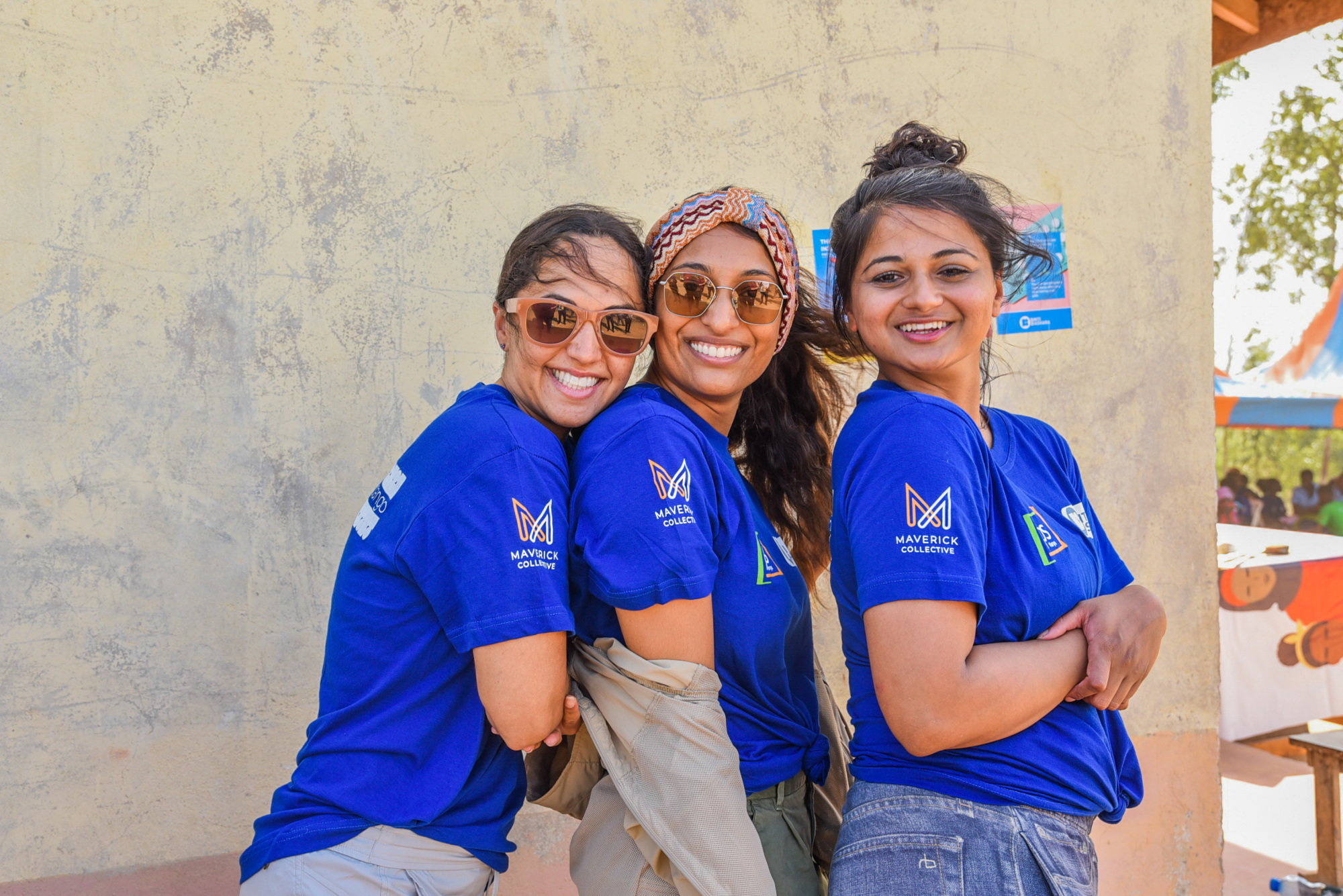16 Days of Activism against Gender-Based Violence: Partnerships to Leave No Woman or Girl Behind

By Bethany Corrigan, Senior Technical Advisor – GBV, PSI
PSI stands with people around the world to celebrate a global commitment eliminate violence against girls and women. In my first post, I talked about PSI’s role in a greater multi-sector, collaborative fight against the many-headed beast that is GBV. Beginning on the International Day for Elimination of Violence against women, and through the 16 Days of Activism, I will share an example of a GBV project implemented by PSI in Myanmar to illustrate how partnerships are the best way to attack more than one head of the beast, simultaneously. In a recent trip to Yangon, Myanmar I had the honor to meet four partners, each of whom represents a specific type of response to the beast, and together pooled their specialties to implement a program called, Breaking the Silence: Addressing GBV in Myanmar. Over the next two weeks, I will share their stories.
Barbara Jones is a founding member of Maverick Collective, an initiative of PSI in partnership with the Bill and Melinda Gates Foundation. In 2014, Barb partnered with PSI to conceptualize and fund the GBV-focused Breaking the Silence program in Myanmar. Maverick Collective members bring their intellectual and financial capital to address challenging issues for girls and women worldwide. Through questioning and learning, Maverick members become strong allies of the communities with whom they partner to support effective and sustainable services as well as advocate on behalf of those communities, externally to leverage additional funding and support.
One of the first things I noticed about Barb when I met her was how she listens. Barb is a “listener first” with the genuine desire to understand. “The best presentations I’ve ever heard are people telling their story. Here’s who I am, and now here’s what I want to tell you. To have context, that frame to understand what they’re going to tell you is really powerful in my opinion.”
I asked Barb for her story, how and when she first began listening to survivors of violence. She said meeting Eve Ensler, founder of V-Day and author of the Vagina Monologues, was a source of inspiration. With Eve, Barb visited the City of Joy in Bukavu, Democratic Republic of Congo (DRC), a V-Day program supporting survivors of violence. “I was appalled at what was happening to women in DRC. I thought it was something I could get involved in and eventually help women and girls.” Barb’s greatest impression about the City of Joy was that the program put survivors, women and girls, at the center of activity design and implementation. “Women locally didn’t need somebody to come in and tell them what they needed. I admired that the program listened to people, women especially, and supported what they said.” Putting survivors at the center of programs is an approach that PSI and our partners highly value. We believe the best way to be an ally is to ask questions and bring those previously unheard to the forefront, to support their voice. We must ask questions, and challenge our assumptions.
In Myanmar, a major barrier to understanding violence and the needs of survivors was a lack of standardized data, nationwide. “The challenge was that we really had no idea what the prevalence of GBV was, so we had to have to ask questions to understand the scope of violence and ask questions to understand how to approach it.” To inform initial program design for Breaking the Silence, PSI conducted a landscape study, documenting interviews with local healthcare providers, and available data from local advocacy organizations. From this initial understanding of the context of violence in Myanmar, PSI conducted provider trainings for identifying and responding to violence. The trainings were needed and well received. As activities progressed however, the Sun Clinic healthcare providers still struggled to support survivors and document violence incidence.
So, the team and Barb asked more questions. Questions which uncovered a need expressed by providers for clinical guidance. In response to this need, PSI sought partnership with UNFPA and the Ministry of Health in Myanmar to redirect program support to the development of national guidelines for clinical response to violence. Barb and team’s willingness to continually ask questions and reassess program activities as necessary, led to an important health policy activity. “Originally I thought it was going to be a medical program where people would come in and get diagnosed and get referred out for help. But what we’ve done is build a foundation [to support the healthcare response] that would actually provide opportunities [for healthcare response] in the future. The project has flipped and turned and gone in many directions which I’m thrilled with because if [implementation] had been linear the program would’ve died midstream.”
Because of her priority to trust local communities and put survivors’ well-being at the center, as well as her eagerness to question, learn and challenge assumptions, Barb is a leader by example of the best type of ally and advocate. In her own words, “I just want to tell my story to inspire others to step up and do what they can do. There are so many privileged people that I’m associated with who could make a change. Just step up there and give it a try, take the risk. There are no downsides, because you’re going to be learning, whatever happens.”
Banner photo: © Population Services International / Banner Photo by: Chris White

